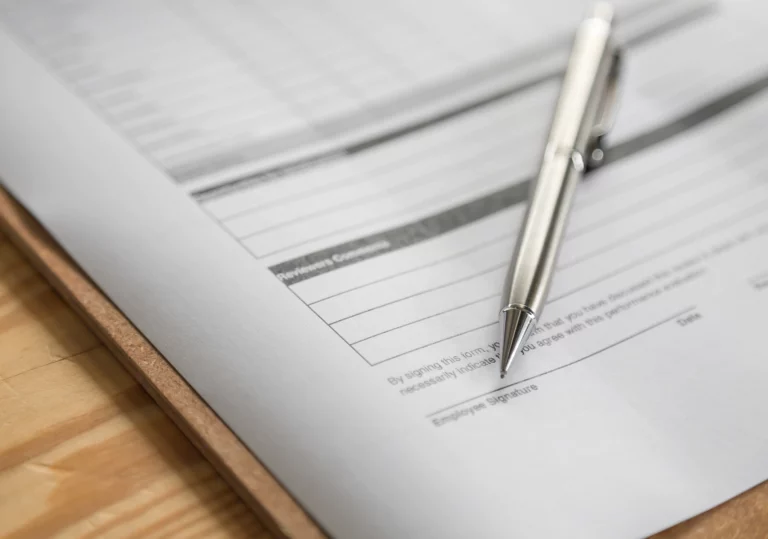
Constitution and Organization
- The World Association of Perinatal Medicine has been set up and registered to group together any professionals involved in perinatal medicine, whether in aspects related to prevention, healthcare, training, teaching or research, in order to make advances in the science of perinatal medicine for the general benefit of the world population.
- In order to fulfil its purposes, the Association may carry out the following activities:
To promote and disseminate the study, research and know-how of all aspects of Perinatal Medicine, for the purposes of improving the physical and mental health of women, mothers, fetal patients and children by increasing perinatal quality and healthcare worldwide
To contribute to improving professional training
To establish protocols for conducting audits, assessments and providing clinical care related to Perinatal Medicine
To strengthen the ties between various disciplines related to perinatal healthcare, as well as encouraging cooperation and establishing relations between individuals from different countries involved in this discipline.
To organize a World Congress of Perinatal Medicine
To run national and international courses about research and practices in Perinatal Medicine
To set up and encourage study groups on matters related to Perinatal Medicine.
To promote and disseminate know-how about Perinatal Medicine through scientific journals
To conduct clinical trials
To encourage international visits between researchers and young specialists on internships
To back international agreements on the use of definitions, methods and common terminology
To promote the publication of declarations on the rights of Pregnant Women and fetuses
To represent the interests of the members in different International Associations, whose purposes are related to those pursued herein.
- The Association’s governing bodies are: The General Assembly-AGM and The Board of Trustees.
- These Bodies, which are the entity’s governing and representative body entrusted with its management and administration, may agree to create other temporary or permanent bodies that shall be delegated deliberative or executive powers, in compliance with the provisions of the regulations that apply.
- The Association shall be managed, administered and represented by a Board of Trustees.
No remuneration shall be paid for holding office on the Board of Trustees. Officers shall be appointed and removed by the AGM and their term of office shall be two (2) years. - The members who sit on the Board of Trustees may be re-elected to their posts.
Vacancies that arise on the Board of Trustees must be filled at the following AGM held. Until it is held, the Board of Trustees may provisionally appoint a member of the AGM as a substitute to fill the vacancy. The members of the Board of Trustees whose term of office had run out shall continue to hold the posts for which they were elected until such a time that their substitutes are accepted or until they are re-elected. - The President shall have the following powers:
a) To manage and legally represent the Association, by delegation of the AGM and the Board of Trustees.
b) To chair debates at both AG Ms and meetings of the Board of Trustees.
c) To have the casting vote in the event of a tied vote.
d) To issue calls to AG Ms and meetings of the Board of Trustees.
e) To countersign the minutes and certificates drawn up by the Association’s Secretary.
f) To exercise all other powers inherent to the post, as well as those delegated by the AGM or the Board of Trustees. - The Secretary shall be entrusted will keeping all of the Association’s
documentation on record, taking meeting minutes, writing them up and endorsing any certificates that must be issued, and keeping the members’ Record Book up to date. - The Treasurer shall be responsible for:
a) Safeguarding and monitoring the Association’s funds.
b) Keeping a cash book.
c) Paying invoices approved by the AGM or the Board of Trustees. They must have been countersigned by the President if they do not appear in the budget. - Committees and Work Groups may be created at the proposal of the
members of the Association who wish to set them up, subsequent to informing the Board of Trustees about them and the activities they propose to carry out.
The Board of Trustees must take responsibility for reviewing the various committees and work groups, the heads of which must submit a detailed monthly report on their activities.

